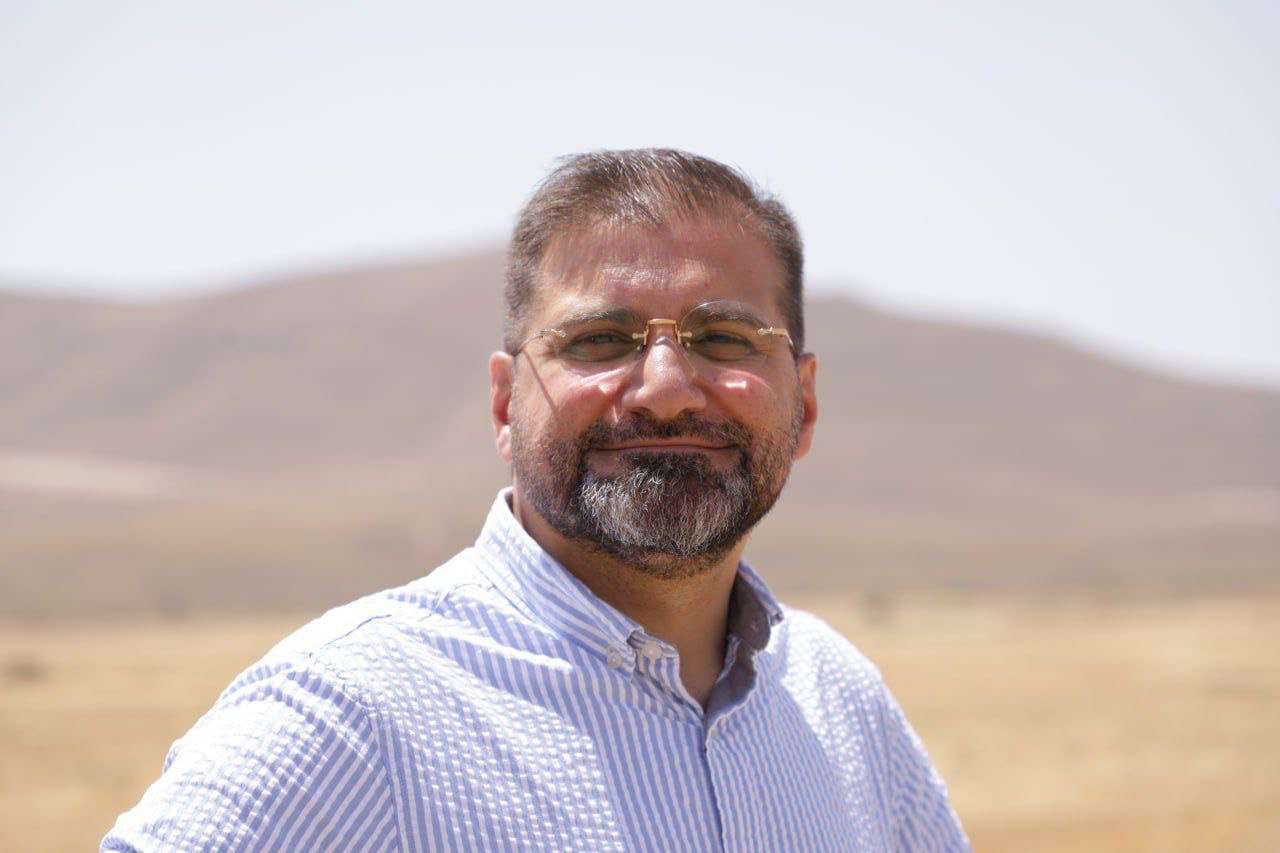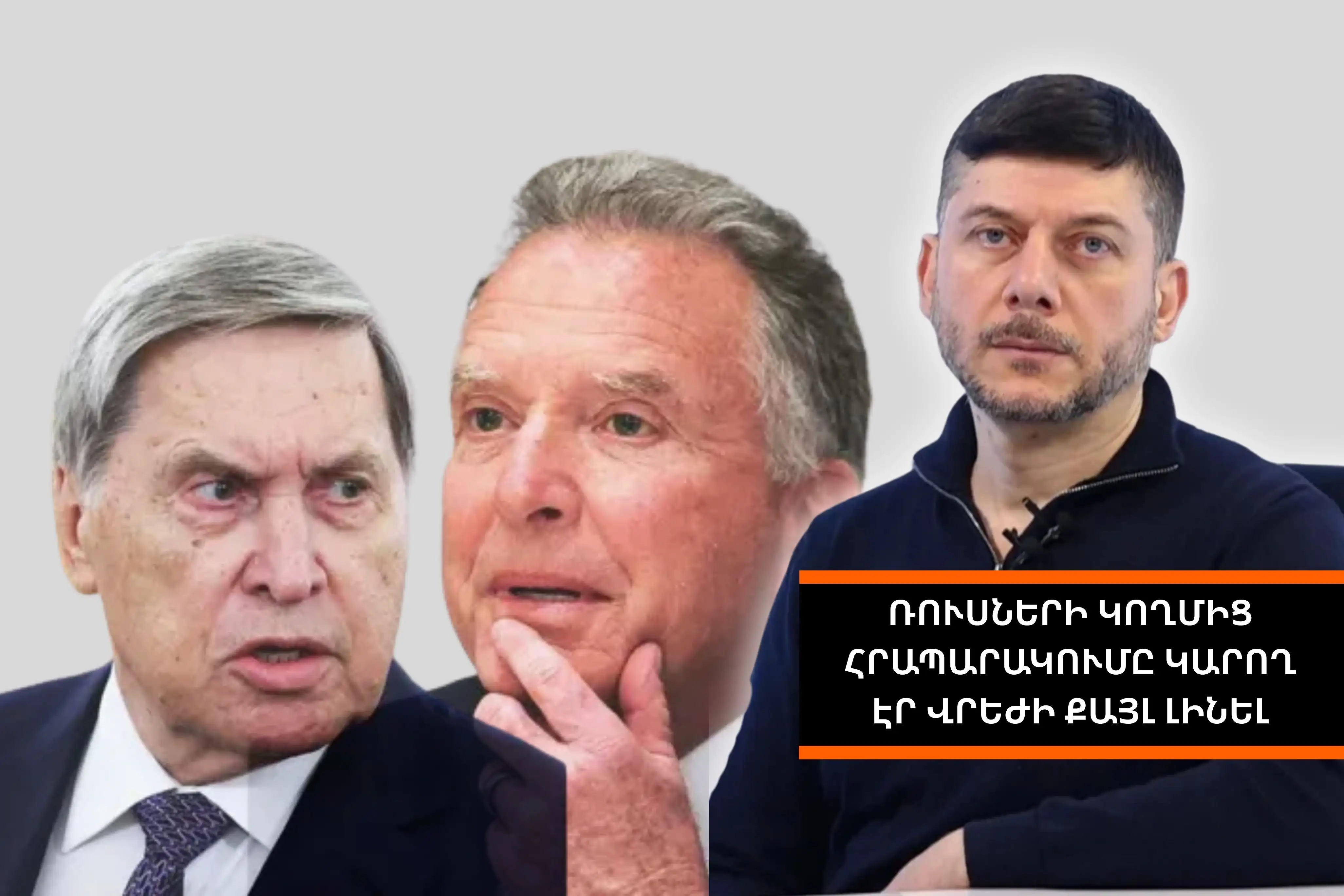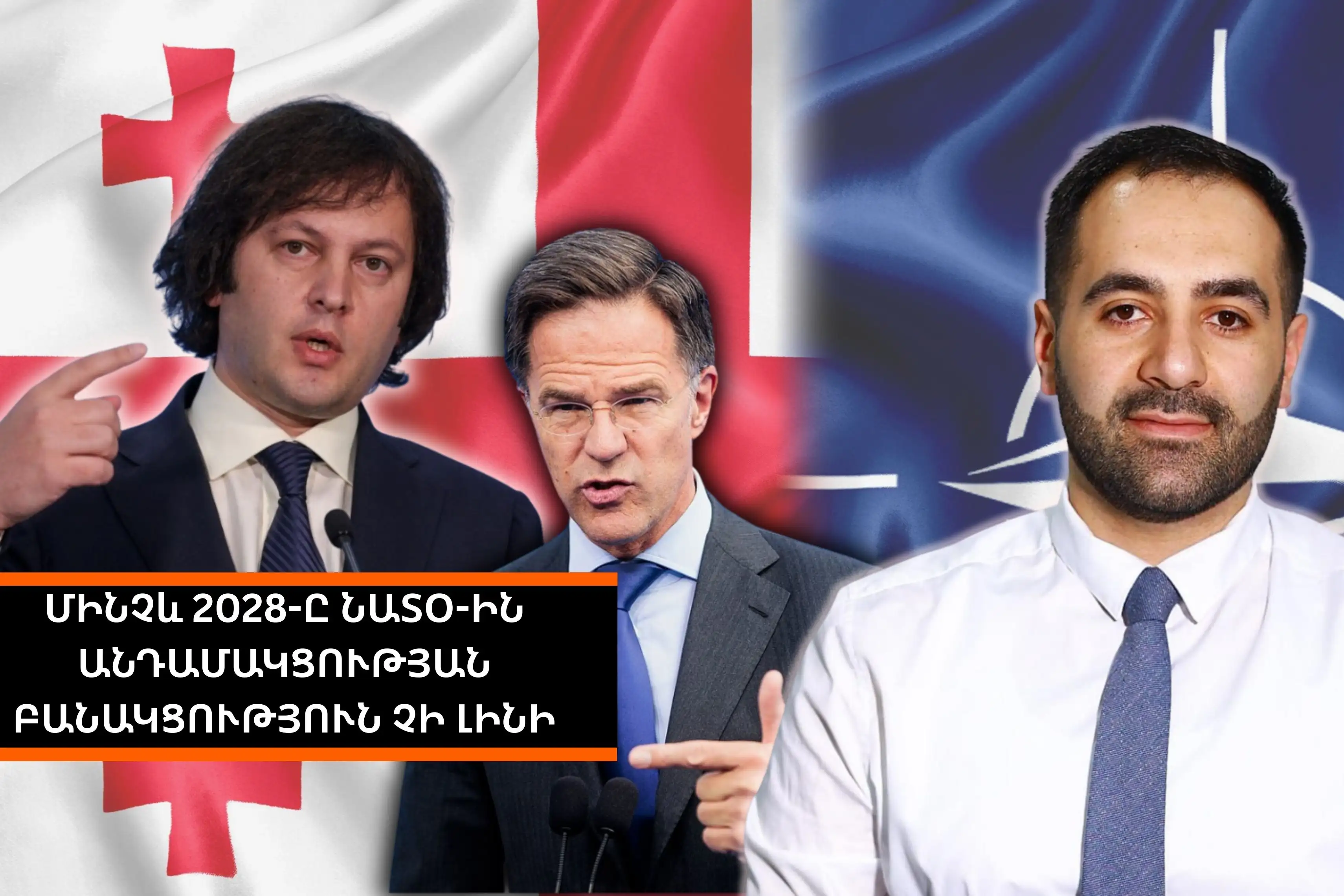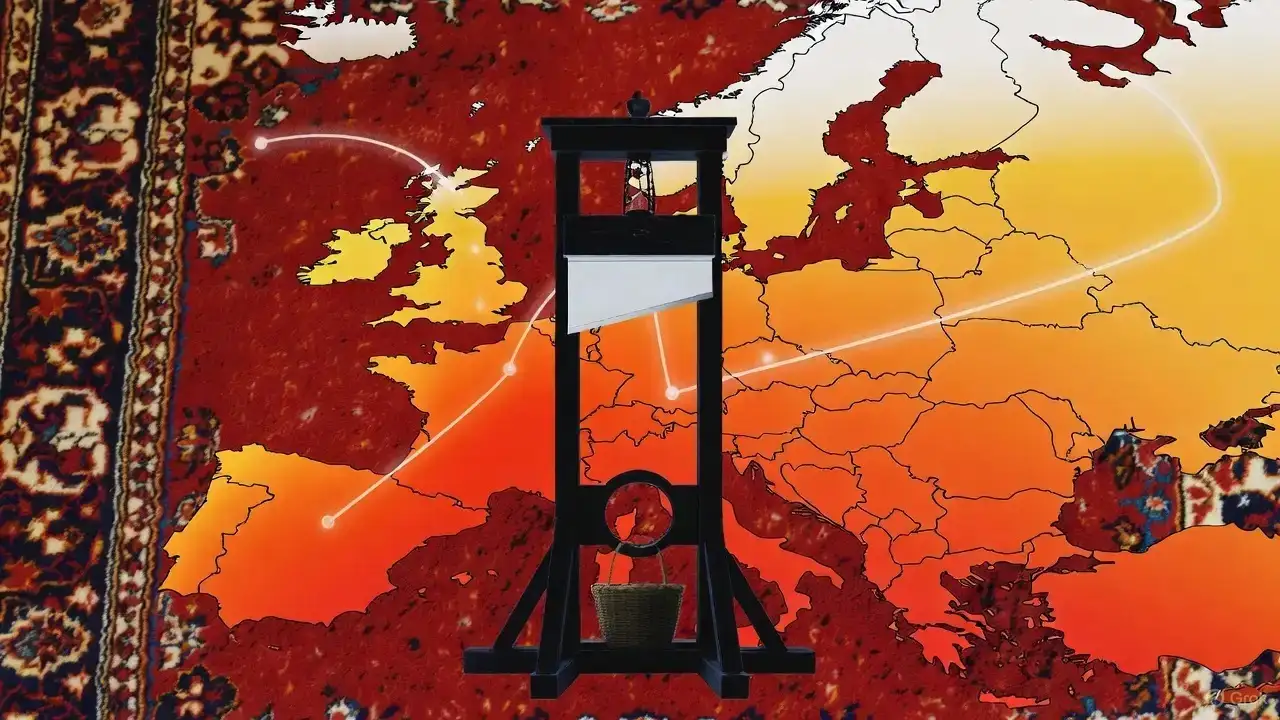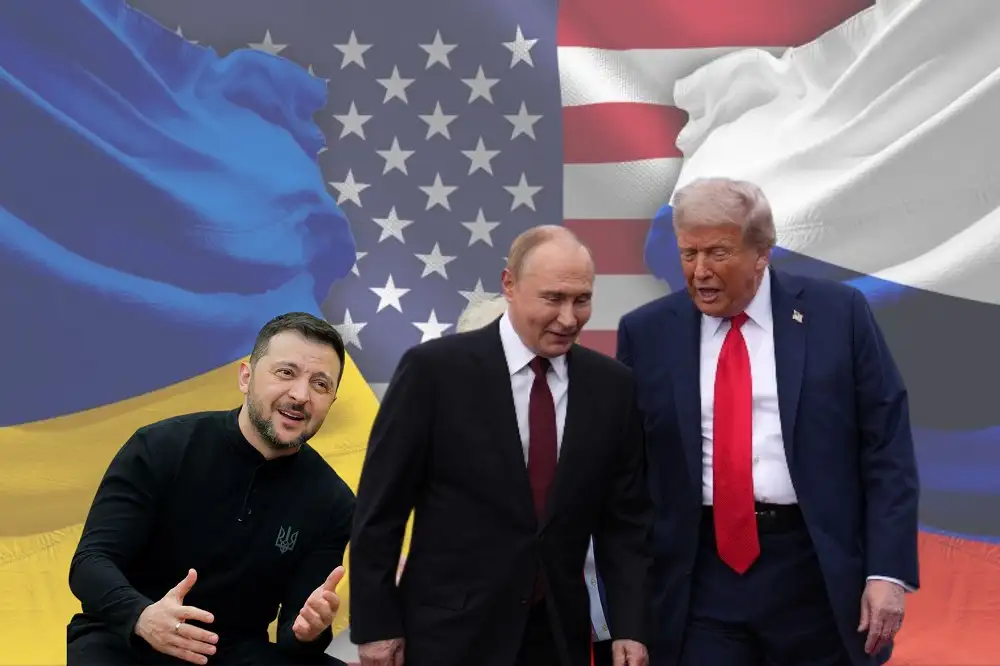Radar Armenia's interlocutor is Arman Babajanyan, the chairman of the "For the Republic" party.
-Mr. Babajanyan, the public reaction to the trilateral meeting held in Washington and the signed declaration is great. Some are already calling it a historic victory, while others are calling it a betrayal of national interests, and some remain cautious. How do you assess this document?
- The Washington Declaration opens a qualitatively new and strategic page in Armenia's foreign policy, which is measured not by days or months, but by the horizon of decades and generations. This is a unique and historic opportunity to bring Armenia out of the zone of constant threats and geopolitical instability, ensuring the long-term foundations of the security, economic, energy, and technological stability of our statehood. With this document, we receive not only a window of opportunity in the implementation of peace but also strategic-level partnership support, which allows us to finally clarify and consolidate our foreign policy orientation based on the principles of international law and mutual interests. The Washington Declaration serves as a robust foundation for Armenia's foreign policy, which our political and state systems must leverage to develop an effective domestic potential that strengthens national sovereignty, defense capability, and international subjectivity.
-Mr. Babajanyan, what makes the "Washington Deal" particularly significant?
- This is not only a document for Armenia, but also a clarified strategic guideline for our foreign policy. It establishes the legal basis for peace and stability and provides new guarantees for Armenia's security, defense, economic, and technological development. It takes us out of uncertainty and moves us into international relations as a predictable, responsible, and partnership-ready country.
This document, by its nature, sharply removes Armenia from an isolated and uncertain state and places us on a new political and economic map.
-Can this declaration mark the beginning of the definition of Armenia's foreign policy orientation? Is it becoming clearer?
-Yes, and it is changing radically. We are emerging from the trap of constant conflict and mistrust, and this path is paved not only by trilateral but also bilateral agreements and essential arrangements reached with the United States. This gives us new security guarantees, new doors for economic and technological partnership, and, most importantly, makes us a predictable and reliable partner in the eyes of international actors. This change also brings with it a great responsibility to protect this achievement and make it irreversible.
-Some are skeptical; they note that the real results have yet to be seen. How do you assess these views?
-If we consider this as a mere ceremonial step, we will lose its most fundamental essence. This declaration is a document that ensures the launch of concrete processes. It is enshrined in the principles of international law: the inviolability of borders, territorial integrity, and the exception to the use of force. This is not only a preventive measure against future threats, but also opens up new economic, communication, technological, and energy opportunities. After all, this is the foundation on which we can build a sovereign and competitive Armenia.
-In your words, this is a huge foreign policy achievement. But how should Armenia respond internally so that this achievement does not remain only on paper?
-Here lies the full weight of the responsibility of our political class. All those forces that are against this agreement, this arrangement that opens up prospects and horizons for Armenia, are agents of foreign centers and should be thrown into the political garbage dump. The opportunity gained through foreign policy must be transformed into the domestic agenda in the institutional, economic, and security spheres. A group of like-minded political forces must be formed in Armenia, which are ready to use the logic of this agreement for the development of the state. Only with a united will and focused actions can the results that the volume of this document implies be achieved.
In this issue, the people are ahead of the political class in their hopes, their expectations, and their willingness. People feel that this is a real opportunity for peace and development. They want to see their state strong, protected, and economically integrated into the world economy. This is yet another reason why this document should become a touchstone to determine which political forces are genuinely in tune with the will of the people and are ready to walk with it.




